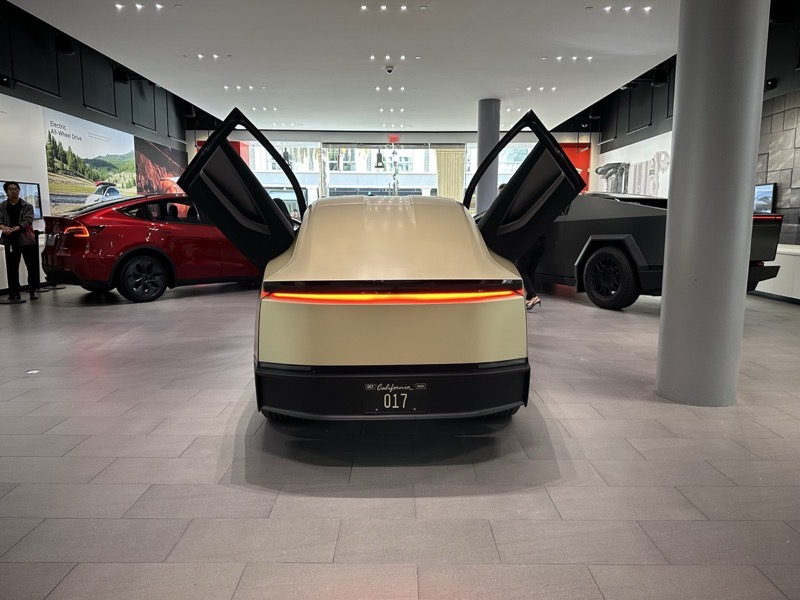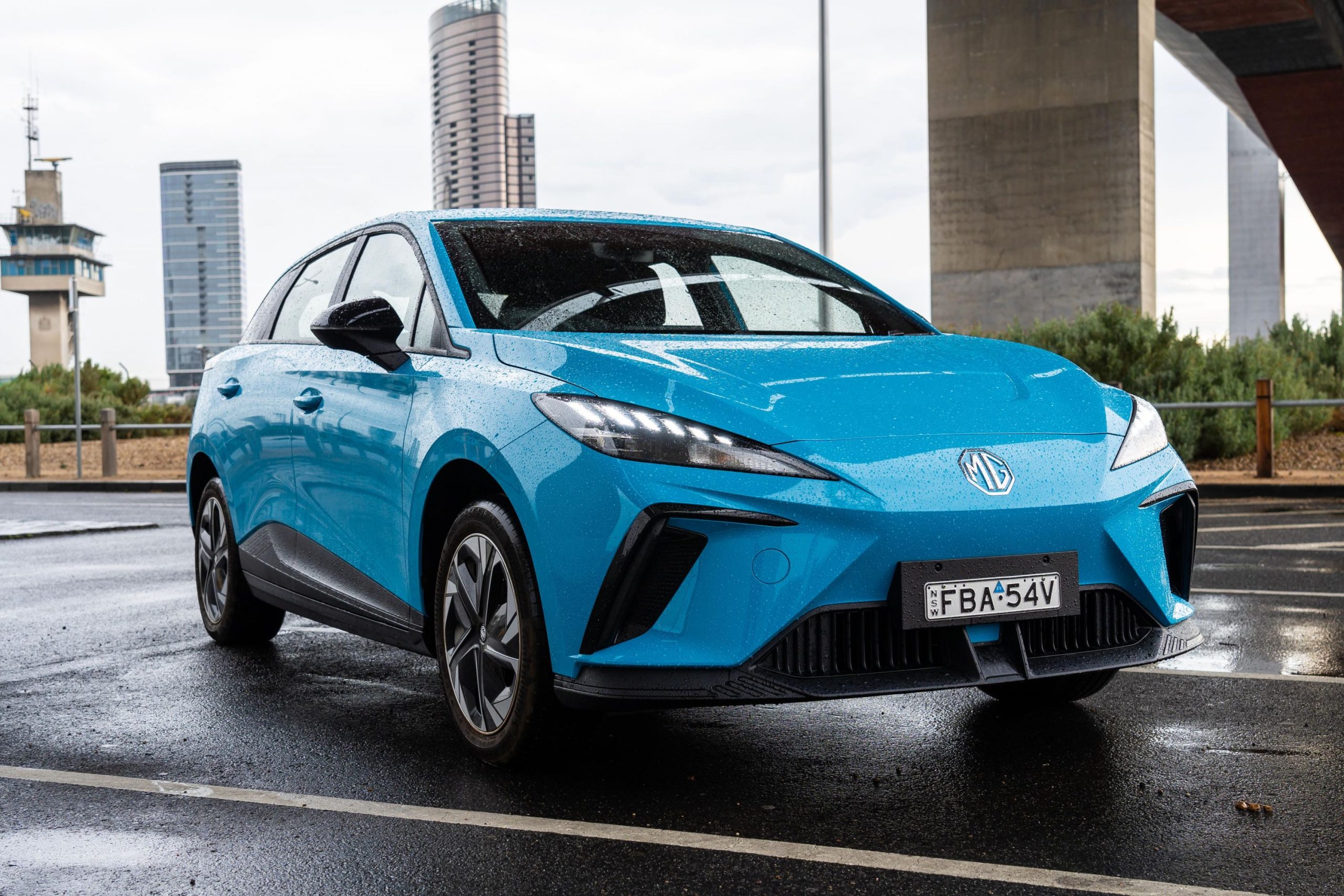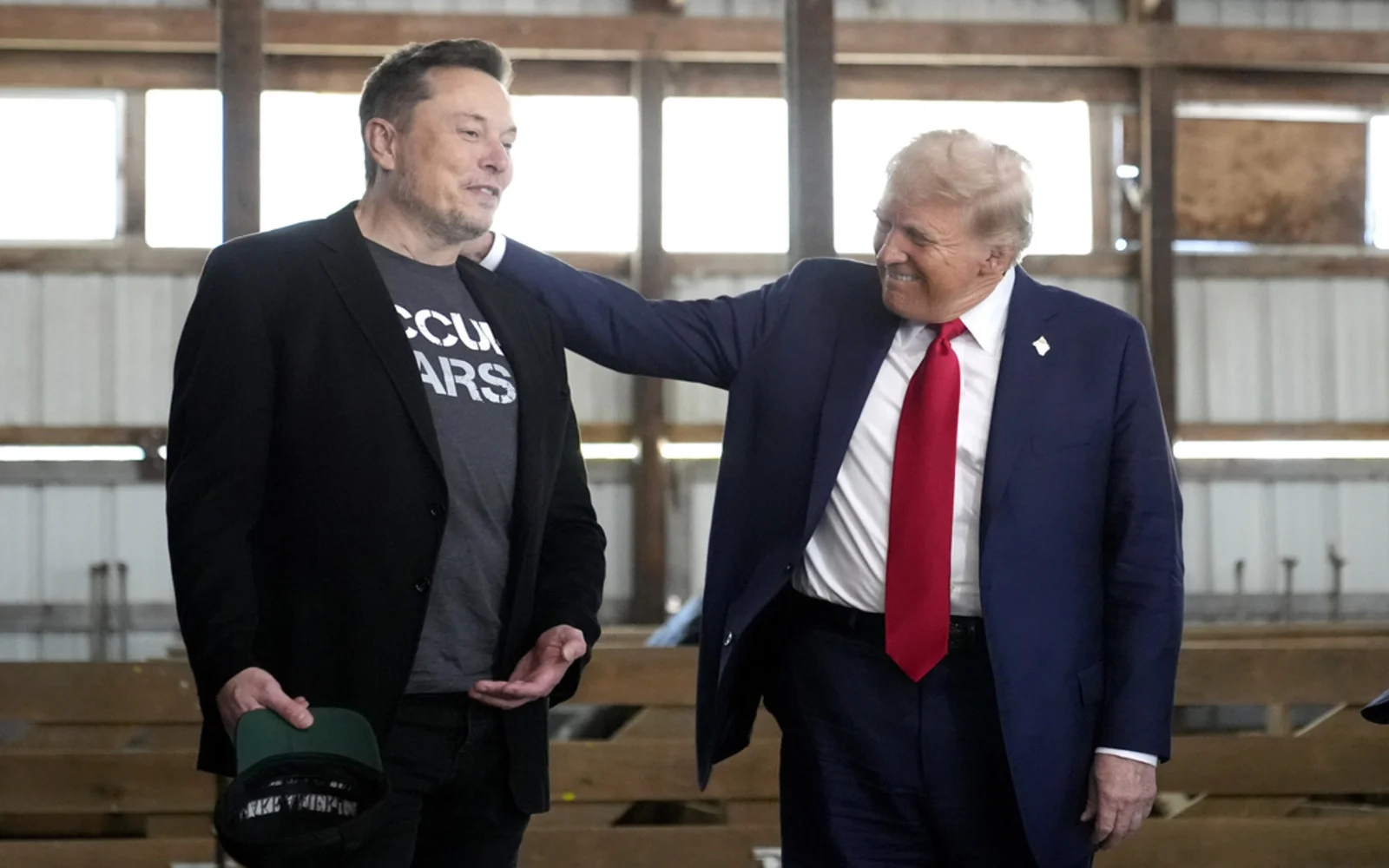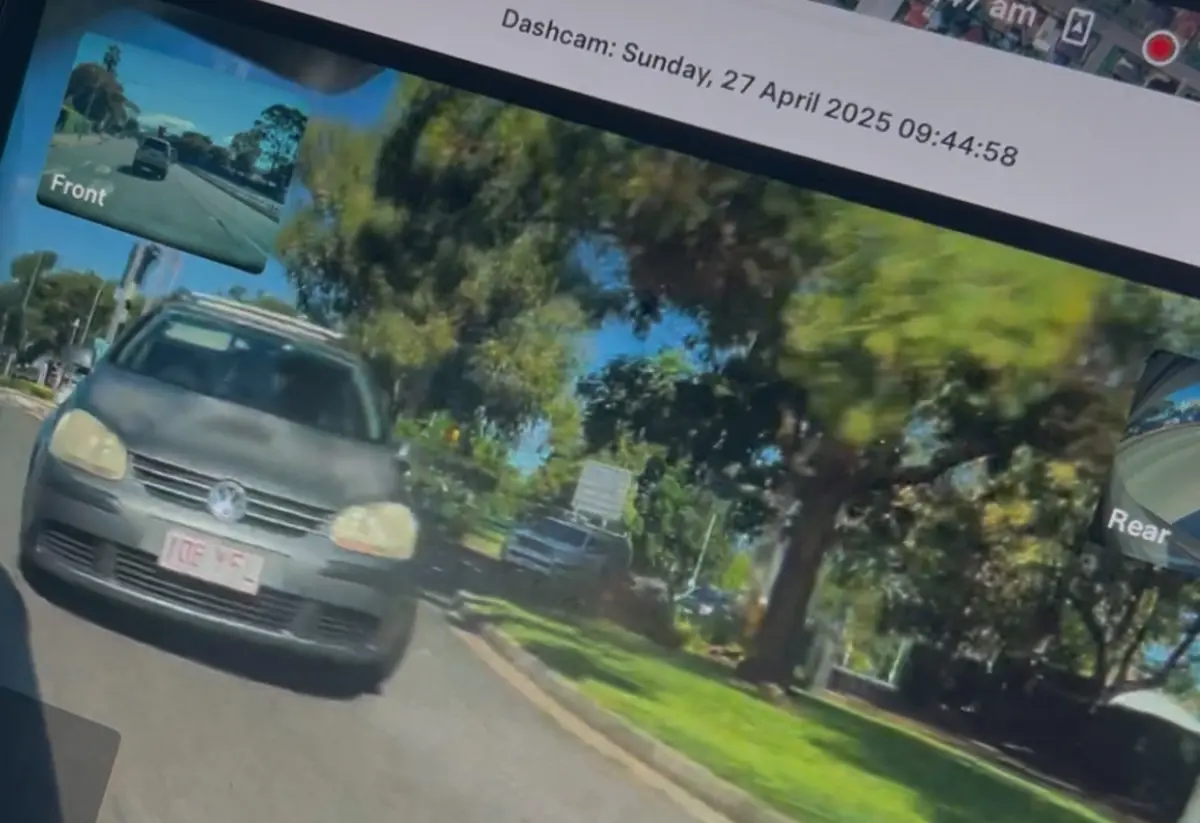The electric vehicle (EV) world is buzzing with news of President-elect Donald Trump’s transition team planning to scrap the $7,500 EV tax credit. This significant policy shift has left many scratching their heads, but one notable voice—Tesla CEO Elon Musk—appears unbothered, even supportive.
What’s Happening with the EV Tax Credit?
The EV tax credit, a cornerstone of the Biden administration’s Inflation Reduction Act, has been a game-changer for the industry.
This incentive has saved U.S. consumers over $2 billion in 2023 alone, boosting EV adoption and supporting the push for cleaner transportation.
It offers buyers up to $7,500 for new EVs that meet production criteria and $4,000 for used EVs.
These credits have made EVs more accessible to everyday Americans, often applied directly at the point of sale.
However, Trump’s transition team is set on dismantling the credit, seeing it as part of a broader tax reform package.
According to sources close to the transition team, Tesla supports this move—raising eyebrows across the EV industry.
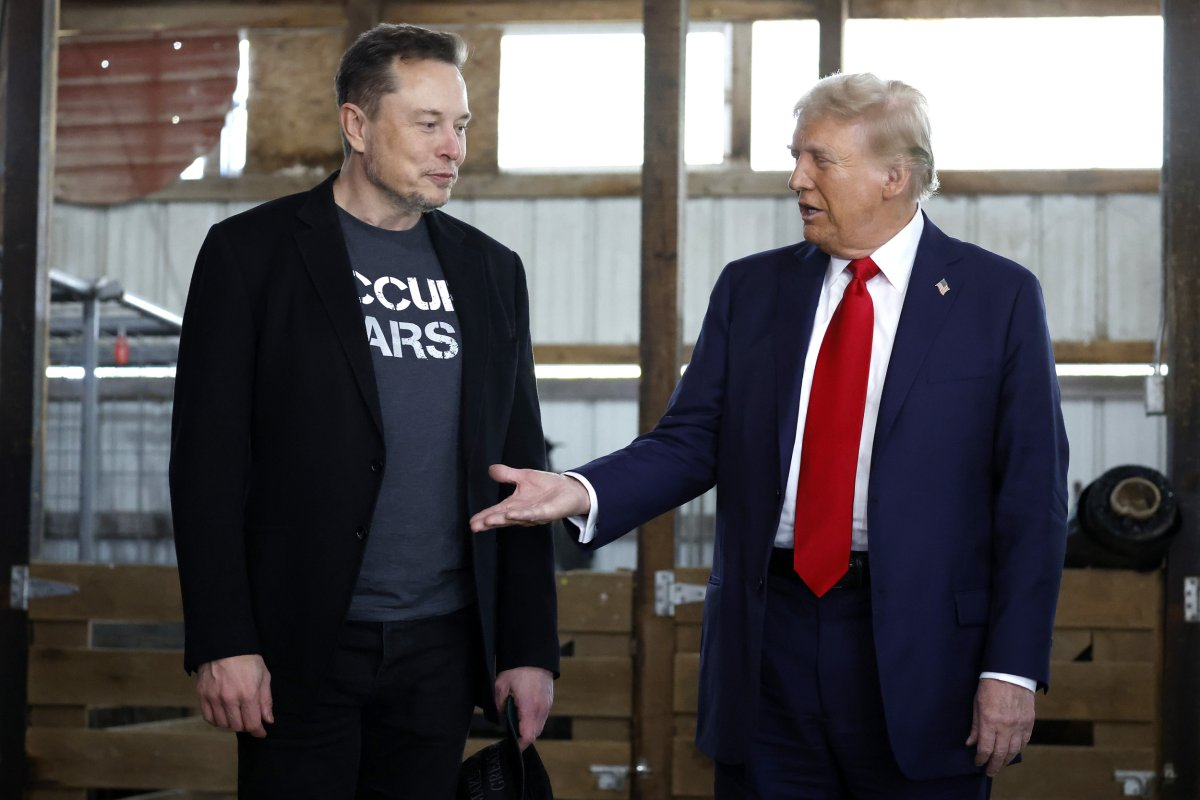
Why Is Tesla on Board?
Elon Musk’s support might seem counterintuitive, but it aligns with Tesla’s strategic position.
Tesla, as the dominant EV manufacturer in the U.S., has already phased out its eligibility for these credits due to sales volume caps.
By removing the tax credit, Tesla’s competitors lose the ability to offer similar incentives, giving Tesla a competitive edge.
Musk himself addressed the potential removal of the credit during a July earnings call, saying:
“I think it would be devastating for our competitors and for Tesla slightly… But long term, it probably actually helps Tesla.”
In a recent post on X, Musk doubled down on his stance, emphasizing his disdain for government subsidies:
“ALL government spending is taxation… either direct taxation, like income tax, or indirect via inflation due to increasing the money supply.”
The Backlash and Industry Concerns
Critics argue that eliminating the tax credit could stall EV adoption in the U.S., a country already trailing behind Europe and China in EV market share.
Katherine García from the Sierra Club described the move as a direct attack on consumer choice and clean energy progress:
“This would rob people of their choice to buy electric vehicles that are good for our economy, the climate, and clean air.”
Industry groups, automakers, and environmental activists are mounting resistance, emphasizing the benefits of the tax credit for consumers and the environment.
Trump’s Stance on EVs
Trump has never shied away from voicing his skepticism of electric vehicles.
He once called the shift to EVs a “transition to hell” and has actively courted the support of the oil industry.
With Vice President-elect J.D. Vance labeling EVs a “scam,” it’s clear the incoming administration is not an ally to clean energy initiatives.
What This Means for the EV Industry
If the tax credit is eliminated, legacy automakers like GM and Ford, which are ramping up their EV production, could face significant setbacks.
For new entrants like Rivian and Lucid, the loss of the credit might make competing in the already challenging market even tougher.
Meanwhile, Tesla’s position as the market leader could solidify further.
Without the tax credit leveling the playing field, Tesla’s scale and brand recognition may enable it to outpace competitors more easily.
Elon Musk’s Broader Vision
Musk’s focus appears to be shifting beyond traditional EVs to autonomous vehicles. Tesla’s RoboCab vision—self-driving electric taxis—could revolutionize transportation.
However, achieving this will require regulatory approval, and Musk’s involvement in Trump’s new Department of Government Efficiency could potentially influence these processes.
The Road Ahead
The removal of the EV tax credit, if finalized, would undoubtedly reshape the U.S. EV market.
While it could slow adoption and hurt smaller players, Tesla’s strategic advantage may allow it to weather the storm—and perhaps even thrive.
As the debate unfolds, one thing is clear: the EV industry is entering a new era, and the road ahead is anything but predictable.
Whether this move will ultimately help or hinder EV adoption in the U.S. remains to be seen.
For now, the spotlight remains on Tesla and Elon Musk, as the company navigates this dramatic shift with its characteristic boldness and innovation.
Closing Thoughts
The 2025 landscape for EVs will undoubtedly be shaped by these developments.
As the industry braces for changes, consumers, automakers, and policymakers will be watching closely.
Stay tuned to CarExplore for the latest updates on this evolving story.
See More
